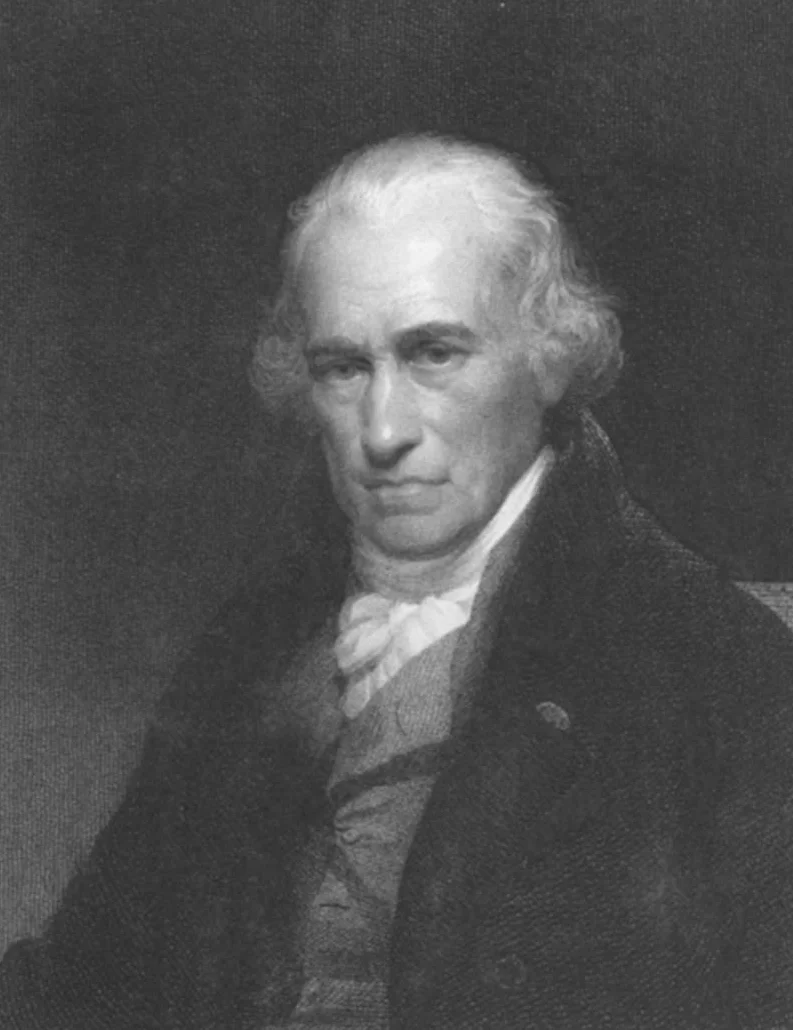JW2019 Bicentenary
James Watt died on 25th August 1819 and 2019 is the bicentenary year of his death. A major exhibition in the Library of Birmingham will explore his life and achievements while a wide range of events will take place throughout the year. The bicentenary programme is delivered by a host of heritage partners and coordinated by the Lunar Society.
James Watt by Sir W. Beechey
Reproduced with the permission of the Library of Birmingham
James Watt (1736-1819)
As a scientist, inventor and engineer James Watt contributed to steam-engine development, invented the world’s first commercial copying machine and added to the understanding of energy, gases and electricity. In 1774 James Watt moved from Scotland to Birmingham to enter into partnership with Matthew Boulton to produce steam engines. He retired in 1800 but continued researching and inventing in his attic workshop at Heathfield House in Handsworth until his death in 1819.
You can read more About James Watt here.
Events Brochure
Download the James Watt 2019 event brochure here.
Next Event
Archive Blog
To help celebrate the richness of the archive of the James Watt and Family Papers [MS 3219], held in Archives and Collections, Library of Birmingham, there will be a monthly blog on a Watt related subject in 2019, the bicentenary of his death.
IEEC2
The second International Early Engines Conference (IEEC2) will be held at the Black Country Living Museum (BCLM) on 15-17 May 2020. Booking is now open.
Resources
These resources have been made available to provide a starting point for research on James Watt, his life, work, interests and wider significance. It is not intended to be a comprehensive list of research resources and repositories. They will be updated in the future as appropriate.
Please contact the individual repositories for clarification regarding the items they hold, availability and access requirements or restrictions.












